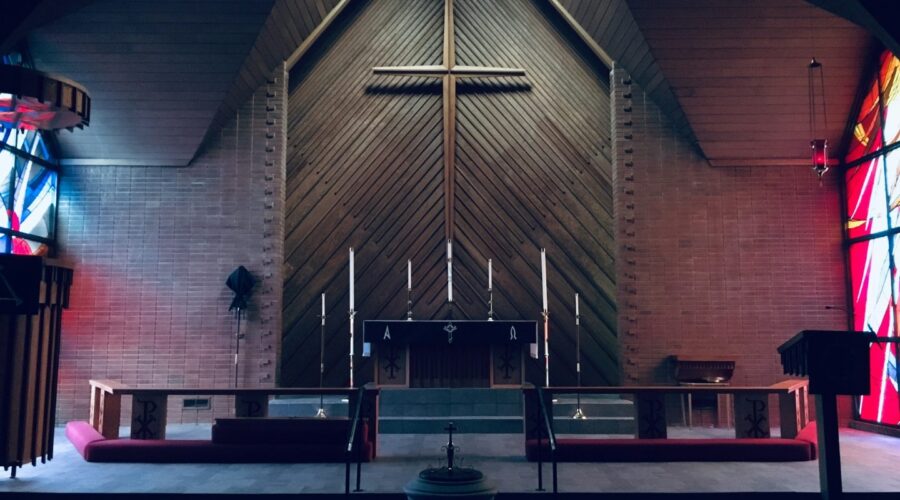Your cart is currently empty!
Unveiling the Anglican Religion: A Comprehensive Insight

Introduction
The Anglican religion, rooted in centuries of history, is a distinct branch of Christianity that embodies a blend of Catholic and Protestant beliefs and practices. It encompasses a vast communion of churches worldwide, united by shared liturgy, theology, and a commitment to episcopacy.
Origins and History
Early Beginnings
The origins of the Anglican Church can be traced back to the 6th century, with the arrival of missionaries to Britain. However, it was not until the 16th century that the Anglican Reformation occurred, a period of significant theological and political change.
King Henry VIII and the Break with Rome
In 1534, King Henry VIII’s annulment from Catherine of Aragon and his subsequent marriage to Anne Boleyn led to a break with the authority of the Pope and the Roman Catholic Church. The Act of Supremacy (1534) declared the King as the head of the Church of England, separating it from Rome.
Beliefs and Theology
The Anglican Communion
The Anglican Communion is a global fellowship of churches that share similar beliefs and practices. It is made up of over 85 million members in 165 countries.
Theological Distinctives
Anglican theology is characterized by the following distinctives:
- Via Media: A middle way between Catholicism and Protestantism, balancing tradition and reason.
- Scripture and Tradition: Authority is given to both the Bible and the historic creeds and traditions of the Church.
- Episcopacy: The belief that bishops are the successors of the apostles and have authority in the Church.
- Sacraments: Two sacraments are recognized: Baptism and Holy Communion, both seen as means of grace.
Governance and Structure
Bishops and Archbishops
The Anglican Church is governed by a hierarchical structure, with bishops and archbishops holding leadership roles. Archbishops oversee provinces, which are groups of dioceses. Dioceses are led by bishops, who oversee individual parishes.
Synods and Convocations
Decision-making in the Anglican Church involves synods and convocations. Synods are assemblies of clergy and laity that make decisions on matters of doctrine, worship, and governance. Convocations are gatherings of clergy that discuss theological issues.
Liturgy and Worship
Book of Common Prayer
The Book of Common Prayer is the liturgical text used in Anglican churches. It contains prayers, services, and readings that guide worship.
Eucharist
The Eucharist, also known as Holy Communion, is a central act of worship in the Anglican Church. It is seen as a commemoration of Christ’s death and resurrection and a means of receiving grace.
Social and Cultural Impact
Education and Mission
Anglican churches have a long history of involvement in education. Many Anglican schools and universities have been established throughout the world.
The Anglican Communion also plays an active role in social justice and mission work, providing aid to the poor and marginalized.
Anglicanism and Society
Anglicanism has had a significant impact on society, shaping laws, education, and culture. The Anglican Church has played a role in movements such as the abolition of slavery and the women’s suffrage movement.
Conclusion
The Anglican religion is a rich and complex tradition that has evolved over centuries. It embodies a distinctive blend of Catholic and Protestant beliefs, a commitment to episcopacy, and a global communion of churches. With its emphasis on scripture, tradition, and social justice, Anglicanism continues to be a vibrant and influential force in Christianity today.
Frequently Asked Questions
| Question | Answer |
|---|---|
| What is the difference between Anglicanism and Catholicism? | Anglicanism is similar to Catholicism in its emphasis on tradition and sacraments, but it differs in its rejection of papal authority and the veneration of saints. |
| What is the role of women in the Anglican Church? | Women have played an increasingly important role in the Anglican Church, serving as deacons, priests, and bishops in many provinces. |
| How many Anglican churches are there in the world? | There are over 85 million members of the Anglican Communion in 165 countries. |